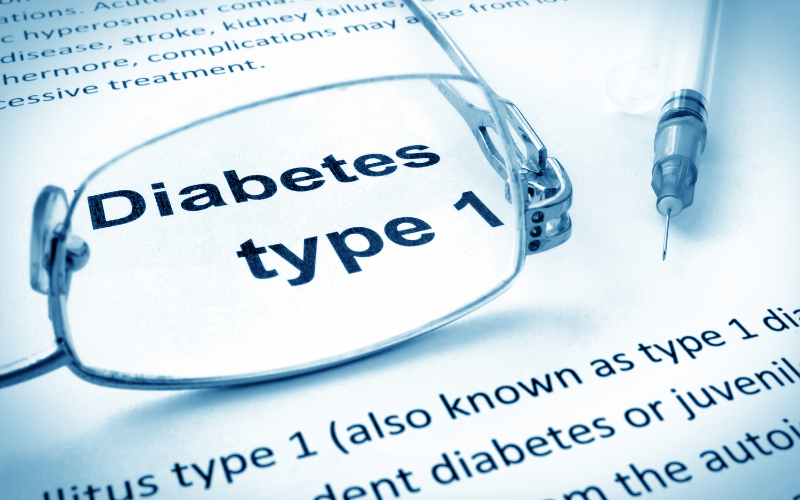Introduction: Delving into Type 1 Diabetes
Type 1 Diabetes (T1D) is a lifelong condition that significantly influences the daily lives of millions across the globe. Understanding the nuances of this condition is vital, as it empowers individuals to navigate the challenges it presents effectively. In this extensive article, we are going to unravel the layers of T1D, shedding light on the vital aspects that everyone should be aware of, whether you’re directly affected by it or someone you care about is.

In our journey through the landscape of T1D, we will delve into the origins, symptoms, management strategies, and the impact it has on both physical and mental health. This condition demands constant vigilance, and knowledge is a crucial weapon in the arsenal of those who live with it. With this in-depth exploration, our aim is to provide valuable insights and practical advice that can make a real difference.
1. Insulin Production Goes AWOL

In Type 1 Diabetes, the body’s normal insulin production grinds to a halt. Insulin, a hormone made by the pancreas, plays a crucial role in regulating blood sugar levels. For those with T1D, their immune system mistakenly attacks and destroys the insulin-producing beta cells. This process can be swift and leaves the individual dependent on external sources of insulin.
Without sufficient insulin, the body struggles to convert glucose from food into energy. Glucose remains in the bloodstream, leading to elevated blood sugar levels. The person affected might eat a balanced diet, but without insulin, their body can’t utilize the nutrients properly. This disruption in metabolism requires constant monitoring and management.
People with T1D must take insulin daily through injections or an insulin pump. Finding the right balance and dose can be tricky and varies from person to person. It involves regular blood sugar checks and an understanding of how food, activity, and stress affect their body. It’s a delicate dance, requiring precision and attention to detail.
Managing insulin levels is a lifelong commitment for those with T1D. It requires education, support, and diligence. It’s not just about avoiding high blood sugar levels; too much insulin can lead to dangerously low levels, a condition known as hypoglycemia. Striking the right balance is key to living a healthy life with T1D. (1)